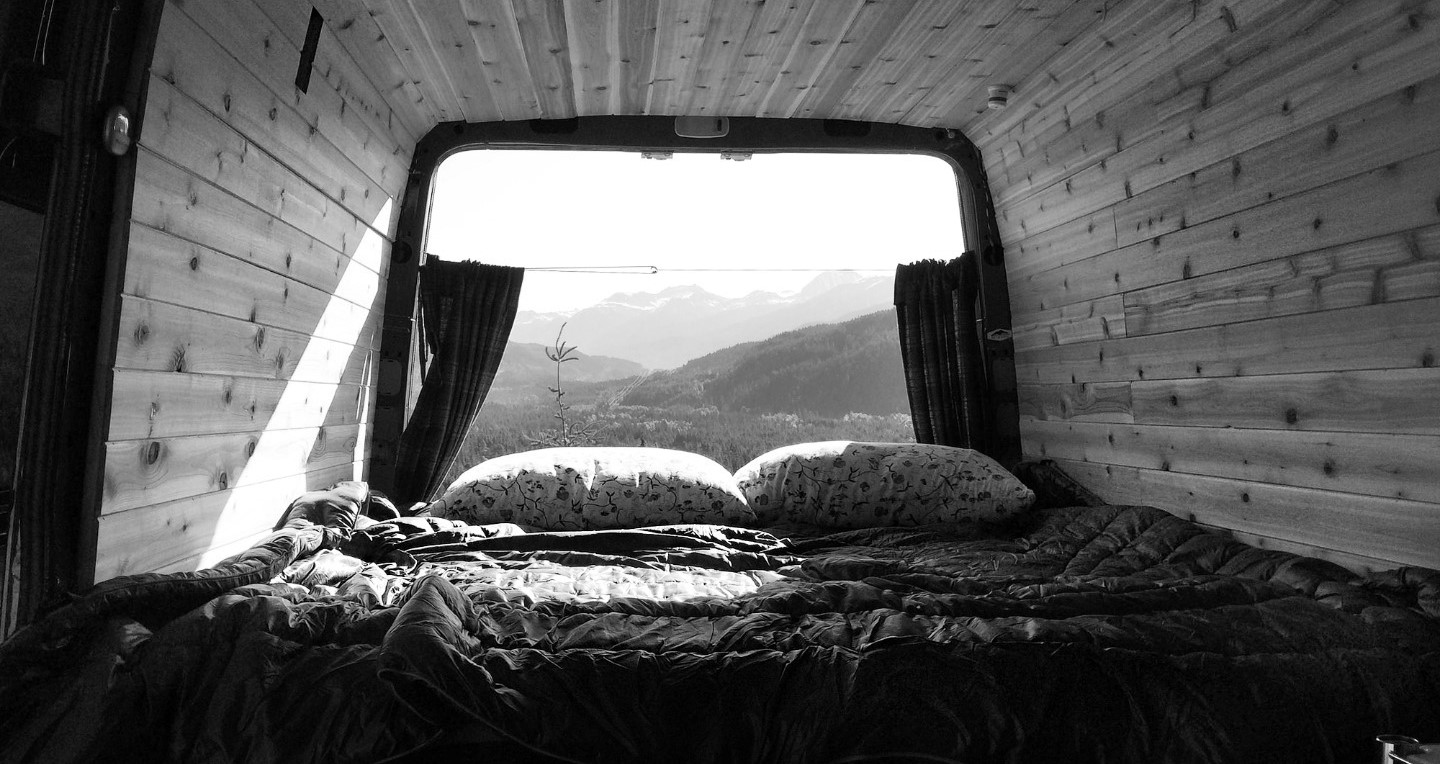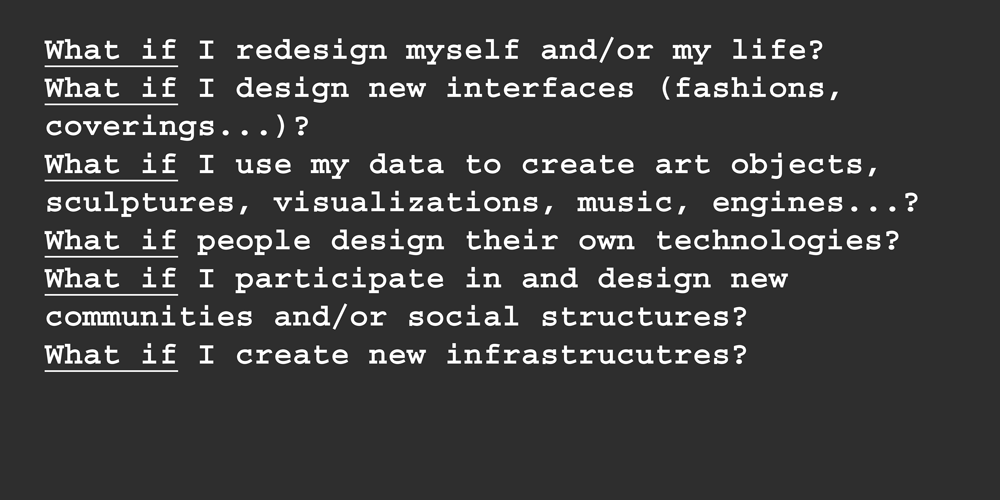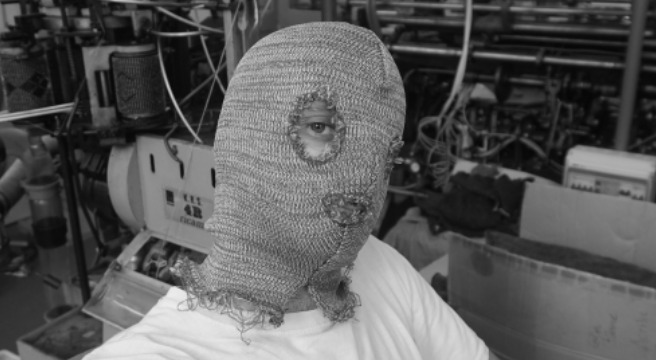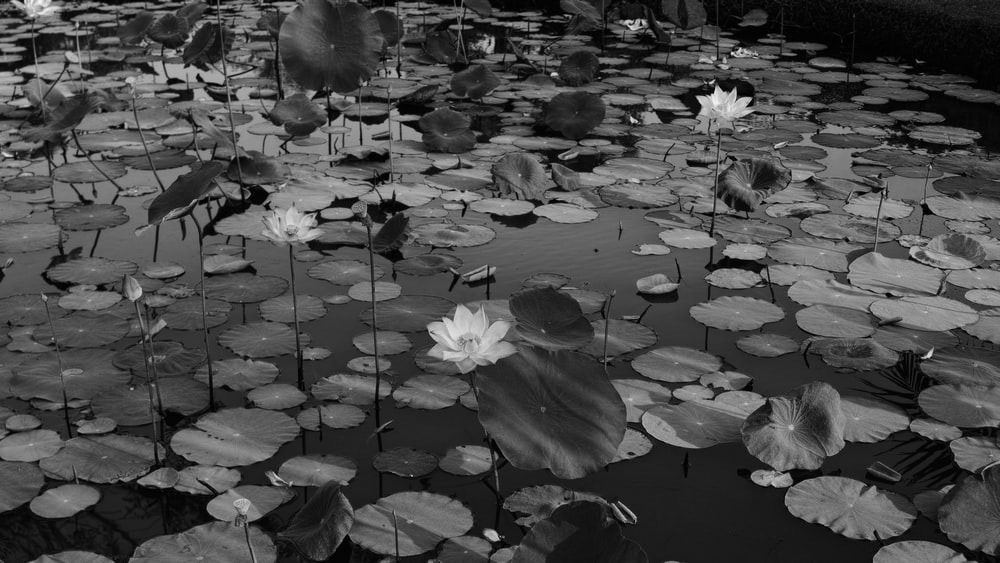/audrey_desjardins
(16_january_2022)
This week we had the pleasure of assisting to a talk from Audrey Desjardins,
an Industrial Designer and Researcher from Canada, currently teaching at University of
Washington, Seattle.
Audrey has worked a lot with design as a mode of inquiry. She thinks design needs to
provoke a relfection and it has to be focused on asking questions, not only solving
problems. She is also an enthusiast of all the first person methods, as she believes
this is the best way to get to know the reality of what you are studying.
During the talk, Audrey explained some of the projects she had been working on lately, and
two of them more in depth: 'Living in a prototype' and 'The odd interpreters'.
The first one consisted of all the process of building a house inside a van and using this
as a data collection method. They took pictures of each step, timelapses and used a travel
diary to collect data, and then they published the whole project on Instructables. She defined
it as an dutobiographical design.

For the second one was directly related to data collection but in an experimental way. It
was a manner of physically showing how data is flowing all around us, not only in a digital
meaning but also in an environmental meaning (like the sun).
Having the chance of getting to know all these projects it's not only interesting but also
extremely useful. Once you see the process of others, then you can get inspired and maybe
use some techniques or procedures also for your own work. Thanks Audrey for this masterclass
of design!
More about her here:
www.audreydesjardins.com
_________________________________________________________________________
/laura_forlano
(30_january_2022)
This second session of Future Talks was carried out by Laura Forlano, a writer, social scientist
and design researcher, currently working at IIT Institute of Design (Chicago).
Laura told us her experience of being diabetic since 2018 and how this has changed completely her
life. She explained how now her life depends on an AI device that keeps her alive by pushing insulin
through her veins when it is needed. Also how she had some trouble sleeping because her old device
was sending her notifications all the time, inclusively during the night. The fact of waking up every
15-30 minutes because of the notification had as a consequence a severe sleep deprivation, with
the inherent results.
Now, she has another device that is much more efficient called "The MiniMed 670G". Thanks to
technological advances, this device automatically adds the necessary quantity of insulin by analysing
sugar in the blood. This improvement makes it unnecessary to send notifications every 20 minutes.
However, she reflected, tech is not perfect and probably will never be, so we have to choose when to
disobey tech's rules.
As a design researcher, she sees theory as design material, and this is why she explores theories
of the posthuman, questioning the binaries and fighting also for feminism. She is also enthusiastic
about autoethnography in design and using a vignette as a way of documenting.
Finally, Oscar highlighted another slide she shared about 'What if' questions. Asking yourself
'What if' directly brings you to create a hypothesis of something that could happen. Without these
kinds of questions, there wouldn't be improvements in many topics and probably everything would stay
the same. Mixing these questions with a subsequent intervention or experiment may provide very
valuable information from a topic.

More about her here:
www.lauraforlano.org/
_________________________________________________________________________
/sergio_urueña
(13_february_2022)
The first talk of Future Talks was carried out by Sergio Urueña, an interdisciplinary scholar
focused on philosophy in relation to science. As a researcher, he was exploring deeply the
relation of technology with society and how both things define how the future will be.
Sergio described two ways of defining the future: technological determinism and social
constructionism. In the first approach, tech is what defines how the future will be, so society
changes according to new technological discoverings and advances (or failures). In the second one,
society evolves separately from tech and people is who define how the future will be without
taking into account other factors. However, both of these theories are quite radical and each one
has positive but also negative aspects, this is why a better approach would be the socio-technical
one, in which both tech and society have the same importance.

He also talked about responsibility regarding the future, and how every action has a consequence.
He said a really interesting sentence "People don't know what what-they-do does". I think this is
a certain reality in our society, where we consume massively and this has catastrophic consequences.
The ones who created this system didn't know how this could end. Also, on a smaller scale, we as
designers need to think about the cycle of life of our products in order not to collaborate on this
huge mass of trash existing on our planet. And this refers to many other projects and stuff we do in
our daily lives.
Finally, Sergio also left us some questions we should take into consideration when developing our
projects. All the questions referred to responsibility towards the planet and the communities we are
designing for, as well as how can we engage with people and make our projects worthy and meaningful.
For sure they are a good way to reflect and to take our projects further in meaning and form.
Future-making is future-taking.
_________________________________________________________________________
/saúl_baeza
(20_february_2022)

This session of Future Talks was carried out by Saúl Baeza, a creator and design researcher
based in l'Hospitalet de Llobregat. He is the director of DOES Work, a design consultancy with the
aim of exploring those things related to identity on any scale. He is also participating in VISIONS
BY magazine and in Understanding Design, an association focused on the possibilities of contemporary
design.
Throughout the talk, Saúl introduced us to some of the projects he and his company have been carrying
out during the last years. The first one he showed was a really interesting project called
Time Machine
for UNICEF and in collaboration with Domestic Data Streamers, where they interacted with
people and played with the concept of time in many different areas. It was not just an installation
but a huge interdisciplinary experience for the users.
He presented some other projects such as one where they collected body hair and used it as part of
the material to build objects or an experiment carried out by himself where he was wearing different
masks while analysing people's reactions to seeing him. For this second one, I liked what he said
"Hiding your identity can make you easier to identify" in relation to the masks he was wearing.
At the end of the talk, I asked him if all those projects usually get further or if all that stays
as design research. He answered many of the projects are just for the sake of research and
investigation and that they are not trying to take them further, they don't want to start creating a
business or a company selling products, they explore design because they like it. Finally, he said:
"I'm young and I want to keep exploring, at least for some time more, then we will see". And I
completely agree with those words.
More about the projects here:
www.does-work.com/
_________________________________________________________________________
/ron_wakkary
(07_march_2022)
This last session of Future Talks was carried out by Ron Wakkary, a Canadian professor and design
researcher. He talked about autobiographies and biographies of humans and not humans. Sincerely, I
got a bit lost when he started talking about his yard and the lilypond, I couldn't relate that topic
with the work I was doing at all. However, it was interesting the reflection he made about every
agent (insects, racoon, crow...) taking part in taking care of the lilypond, scalable to many other
areas and projects. He also shared these questions for us to think about the topic in relation to
our projects:
Which non-human agents are involved in your project(s)?
What is their order of appearance? Were they not planned?
When will your project end and what will it leave behind?
As a reflection, I would have appreciated having more real examples of projects developed like this.
The lilypond example is a good metaphor for the participation of different agencies but in the end,
I just cannot relate a lilypond to the work I'm doing, or at least it is really hard for me. However,
I appreciate Ron's way of sharing his knowledge and experience.

.final_relfection
First of all, I would like to thank all the speakers for their talks. It has been a pleasure being
able to share opinions and thoughts with experts in design and design research, while at the same
time getting to know other possible realities and methodologies I didn't know about before. It is
always enriching to know about other ways to develop projects and to relate with communities.
Secondly, I would also like to share my need of having real examples of all these theories. As I
said in Sergio Urueña's reflection, I appreciate getting to know all the things we are supposed to
do to have a "better future" but I think examples are fundamental when you are trying to prove
something. Also, I would never take a theory as a statement, in the end, there are many ways of
developing projects and designing and taking one as the only meaningful one would be a mistake. I
really enjoyed Audrey Desjardines's and Saul Baeza's talks because they gave real examples of
embodying design and autobiographical design, even though it was more for a research purpose than
real application.
As for my vision of the future in relation to myself, I feel I'm getting more and more aware of
different realities every time, I'm gaining experience and forming a profile based on design,
engineering and ethics. I know I still have a lot to learn, and I'm trying to open my mind and
take in all the knowledge I believe is relevant to me and my future.
I know I have a lot to offer to the world. I'm ambitious and hopeful in regard to my future. I want
to use all my knowledge and skills to make a difference and design always for a better future, for
equality and empathy. Not for the ego but for eco. I joined this master's to keep learning about
other disciplines, to be able to experience and try out different stuff and thus become more
multidisciplinary and wise. Also, getting to know my classmates and their experience is the most
enriching thing I'm getting, and this will create a before and an after in my life.
I believe we have a lot to offer to the future, and the future has a lot to offer to us. Nowadays,
there are many things going on that don't let us be as happy as we could be. I think we need to get
back to the concept of "being happy" and living in harmony, now that we are just thinking about
working, being productive, completing the tasks, etc. We need to work on our emotions and work on
empathy. This is the beginning of everything.